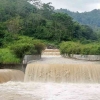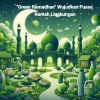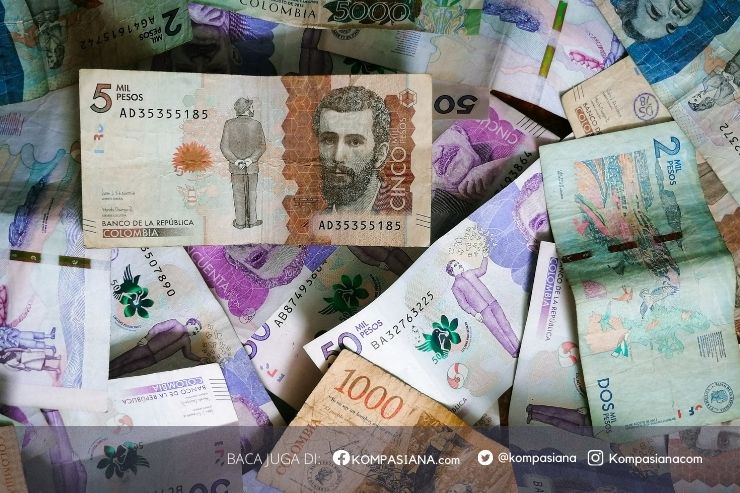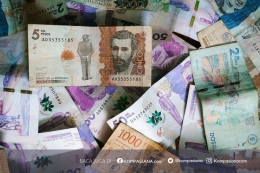Since the first Industrial Revolution in 1753, Capitalism has made the world economy growing very rapidly by 3 - 4 % per year, from global GDP of about US$ 0.45 trillion to US $ 90 trillion in 2015. Before 1750s most nations in the world were poor. Since then the number and percentage of world's poor has been declining. Moreover, science and technological advancement triggered by a profit-making orientation of Capitalism has been phenomenal which makes human life healthier, easier, faster, and more comfortable.
However, up until now among 194 countries of the world, only 55 countries (28%) have been able to achieve a high-income (rich) country status with an average GDP per capita of more than US$ 11,750. They consist of 34 OECD country members, and 21 non-OECD countries such as Singapore, Brunei Darussalam, Saudi Arabia, Uni Emirate Arab, Qatar, Kuwait, and New Zealand.
Thirty six countries (19%) are still poor (low-income country) with average GDP per capita less than US$ 2,000. And, the rest of 103 countries (53%) including Indonesia are categorized as middle-income countries with average GDP per capita between US$ 2,000 and US$ 11,750 (World Bank and UNDP, 2018). Indonesia's average GDP per capita is US$ 4,200 which belongs to the lower-middle income country group.
Currently, some 1.3 billion of the world's citizens do not have access to electricity, 900 millions do not have access to clean water, 2.6 billions lack access to healthy sanitation, and around 800 million rural dwellers do not have access to an all-weather road and cut off from the world in rainy season. And, about 1 billion of the global population are still living in an extreme poverty with a spending on less than US$ 1.25 per day, and about 3 billion people (40% of world population) remain poor with a daily spending less than US$ 2.
This is ironical, because with the world GDP of US$ 90 trillions and the world population was about 7.2 billion people in 2015, if equally distributed, then the average GDP per capita of the world would be US$ 12,500. This means that all citizens in the world would have been prosperous.
In other words, in the past 250 years, the world economy has been growing highly unequal. For instance, in 2010, the world's richest of 388 people owned more wealth than the entire bottom half of the world population (3.3 billion people).
In 2017, the richest group that owns wealth exceeding that of the bottom half of the world's population has shrunk to just 8 people. Such a high inequality of wealth has occurred not only between countries, but also within country.
The past 250 years of economic growth has also caused massive environmental degradation driven by market failures and bad policies. Practically all countries around the globe are experiencing a scale of natural resource depletion and environmental pollution which is endangering life on earth. We are cutting trees faster than they can regenerate, overgrazing rangelands and converting them into deserts, over pumping aquifers, and draining rivers dry.
Our agricultural practices have resulted in soil erosion rate that exceeds new soil formation, slowly depriving the soil of its inherent fertility. We are taking fish from the oceans faster than they can reproduce.
We are discharging various wastes bigger than the assimilative capacity of natural ecosystems to neutralize them which results in pollution. We are releasing carbon dioxide (CO2) into the atmosphere faster than nature can absorb it, causing global warming. In short, we are asking more of the earth than it can give on a sustainable basis, creating "a bubble economy".
Such a world economy which is not only remarkably unequal but also environmentally damaging has also to some extent been taking place in Indonesia. The total wealth of richest 1% in Indonesia equals to 49.3% of the country's total wealth.










